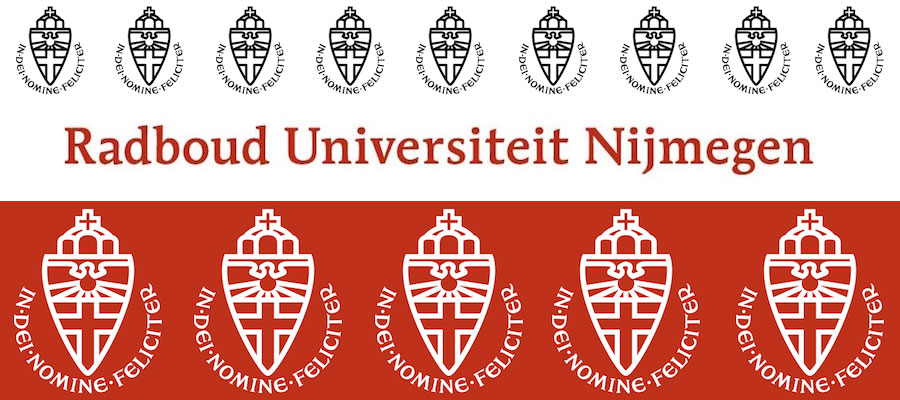The project ‘Constraints and Tradition. Roman Power in Changing Societies’ investigates the ways in which traditions influence the communication about and acceptance of new systems of government in changing societies. Using ancient 'media', developments over an extensive period from 50 BC to 565 AD are being reviewed to demonstrate how traditions constituted constraints to the presentation of Roman rule. Findings are analysed on the basis of the notions of 'shared experiences' and anchoring as derived from communication theory and social psychology. Within the context of this research project, the following sub-projects have been formulated:
Project 1: ‘Byzantine Emperors’ analyses changes and continuity in the ways in which traditional Roman concepts of absolute power were used to formulate the position of rulers in the Eastern Roman Empire. The postdoctoral researcher will author and co-author a number of articles exploring the nomenclature and imagery of Byzantine emperors and the role of religion and the urban environment in the conceptualisation of ‘traditional’ emperorship.
Project 2: ‘Gallic Rulers and Elites’ investigates the various ways in which the claims to power by western emperors, local monarchs and leaders, and popes between 284 and 565 AD were anchored in traditional Roman concepts and terminology. The postdoctoral researcher will author and co-author a number of articles exploring the prominent role of local (Christian) elites on the basis of available texts and surviving imagery and architecture.
The successful applicants will investigate the way in which traditions in language and imagery remained the same or changed over the period from 284 to 565 AD in the western and eastern parts of the Roman Empire. In addition to your own research, you will collaborate with other researchers to publish co-authored articles. You will also be expected to support the project leader in the organisation of the project.
